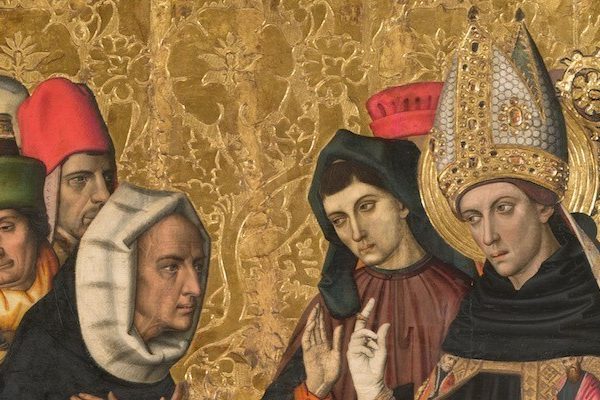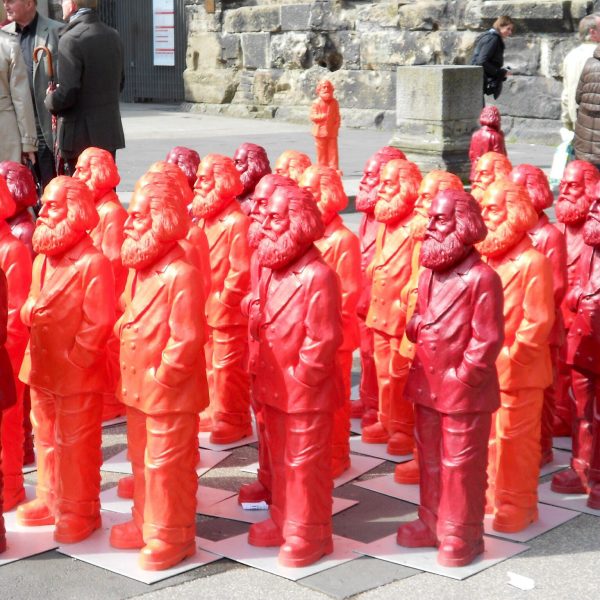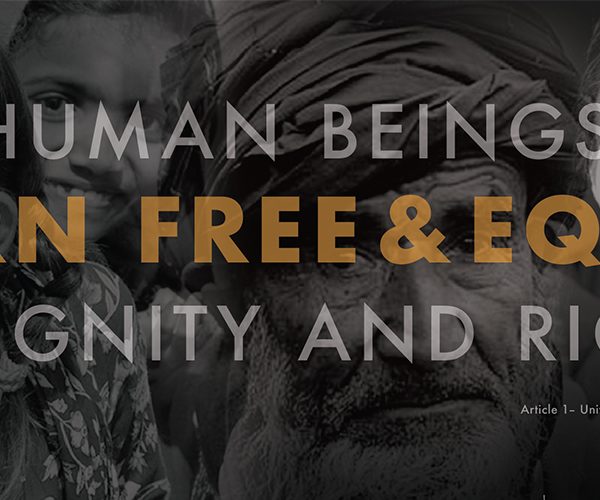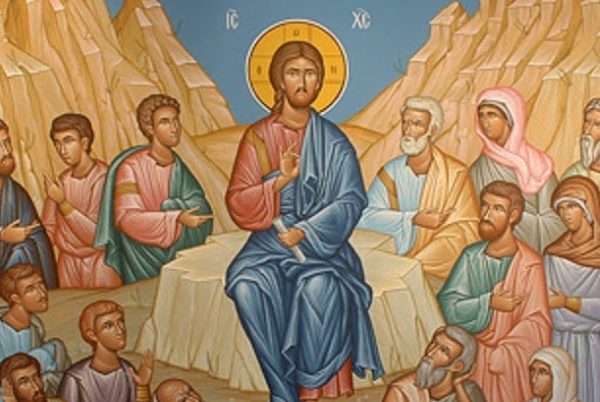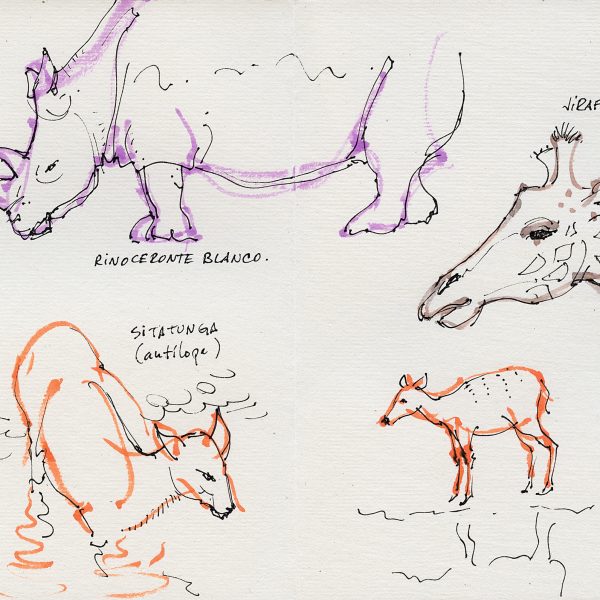
When the authors speak of “our contemporary,” they must be wary of homogenizing the radically diversified world of contemporary Jewry and their equally diversified others.

Once you see the penis-centric phrase “the uncircumcised”— some version of it appears in many, if not most of the ancient texts in the corpora mentioned in the book— it’s hard not to notice that, however empty a signifier goy may be, it still signifies something about the male body.

Situated on this eschatological middle ground, political theology must reckon with how we live in a time when the kingdom of God is present, creating moments of transformation and rupture…To speak truthfully, political theology must also speak to the quotidian joys and everyday struggles that make up the ordinary time of our lives.
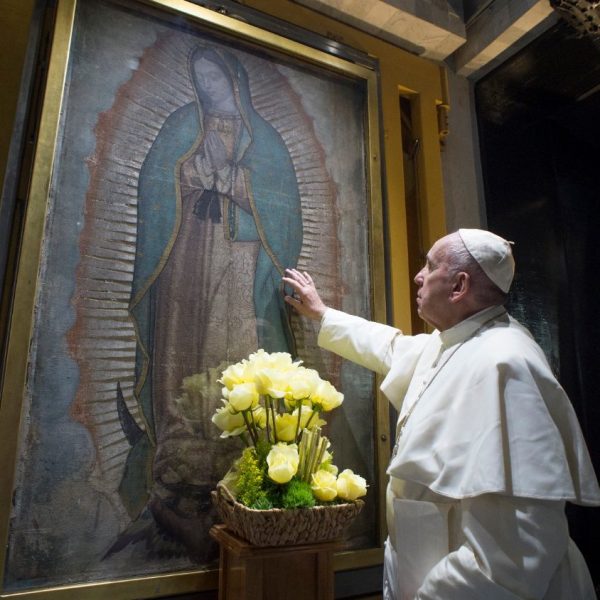
Bretherton’s robust yet flexible understanding of democracy and politics offers the promise of engaging diverse others in constructing the common good for all, with particular care for the destiny of the poor and vulnerable…[but] I need to hear Bretherton witness to how the process of decentering the canon became foundational for building a Christian political theology.
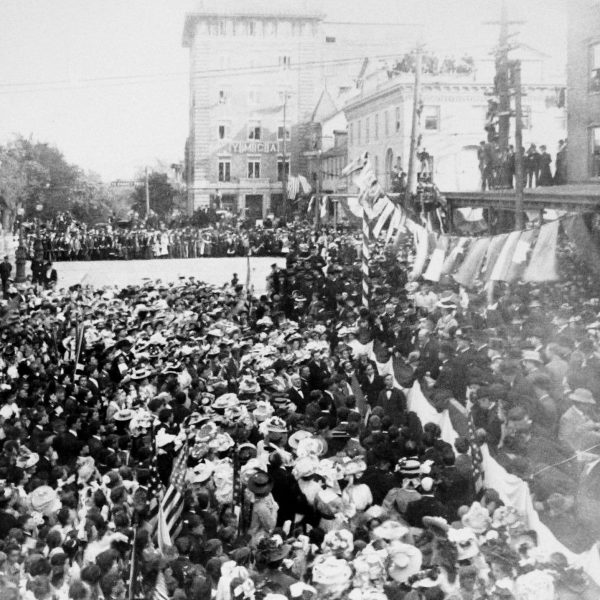
Populism seems to have at least these advantages: it privileges practical reasoning over theoretical; it binds us to place; it recognizes modernity’s political gains; it does not posit reactionary declension narratives; it affirms “common folk;” it avoids elitism…It also gave us President Trump.
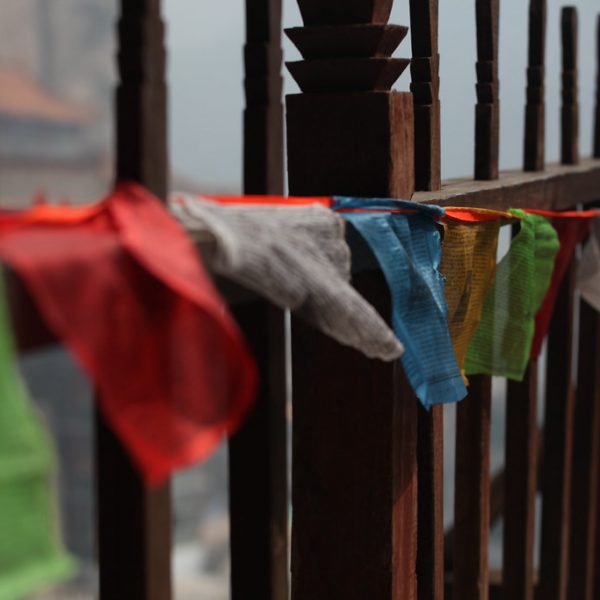
The reader should take away from this special issue the sense that the basic dichotomy of “the West” versus “China” needs to be reformulated. While the West has much to learn from listening to non-Western voices, the work of actually listening reveals that such sharp distinctions do more harm than good.

